A rumination on the meaning of “Palestinian” can be read here.
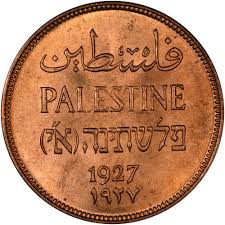

A rumination on the meaning of “Palestinian” can be read here.
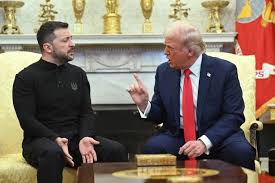
No matter our desire to embrace a country or leader as a truly reliable friend, we all — especially we Jews — do well to remember that there may not be any such thing, a truism about which Chazal warned us millennia ago.
To read what evoked that thought, please click here.
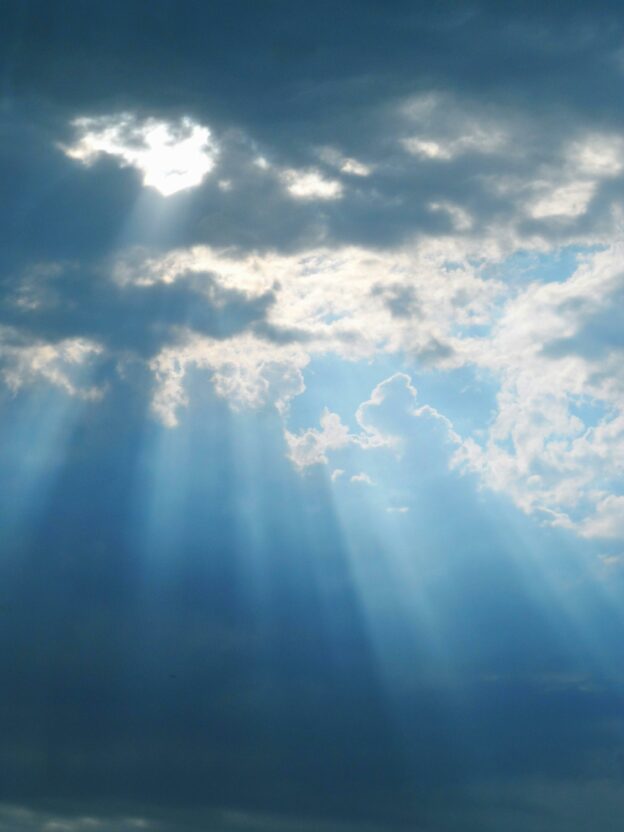
Last Thursday, explosives destroyed three buses in Israel – empty ones. Yesterday, Nael Obeid, a notorious Hamas terrorist who was freed in a hostage exchange, fell to his death in East Jerusalem. As we prepare to welcome Adar, we pray for Hashem’s continued protection.
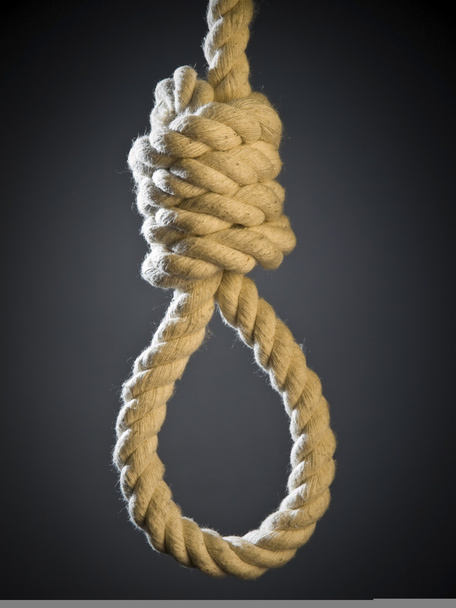
In order to return hostages to their families, Israel has had to release hundreds of prisoners, some of them convicted murderers.
There’s a way, though, to prevent future such releases. You can read about it here.
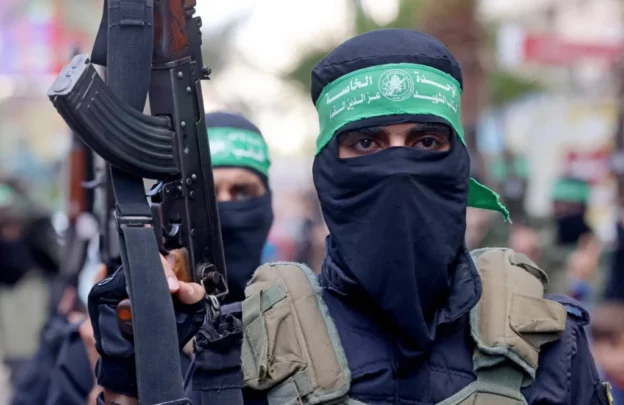
The public celebration that ensued when Hamas terrorists emerged, post-“deal,” in Gaza doesn’t bode well for peace (or for Gazans, including the celebrants).
Much else is nervous-making about the situation in Israel. To read about what I mean, please click here.

For once, something positive about Israel has been served up by The New York Times, albeit unintentionally. What’s more, Al Jazeera spoke the truth.
Moshiach’s arrival seems imminent.
To read about those media’s accomplishments, please click here.
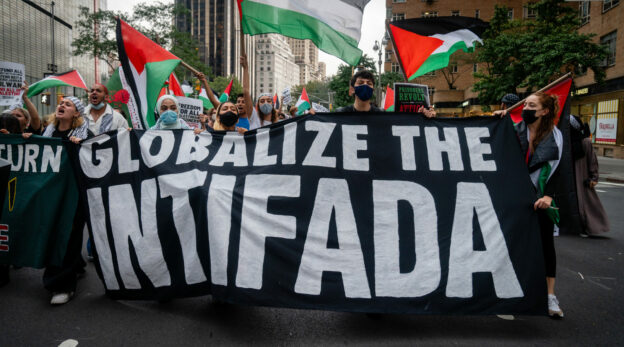
Much of the “pro-Palestinian” (read: anti-Israel—and, more often than not, anti-Jew) activism has been angry, crass, disruptive and destructive.
And, at least in one recent case, counterproductive.
To read about it, click here.

The Catholic Church as an institution has come a long way with regard to its attitude toward the Jewish people. But, apparently, it still has, as they say, a ways to go.
You can read what I mean here:

On a recent Friday night, the Council on American-Islamic Relations (CAIR) held its “30th anniversary gala” in Washington, DC. Too bad you probably missed it.
Something the celebrants didn’t know was that some bad news (at least for them) lay on the horizon. To read what it was, please click here.

With all the wacky wokey warriors spewing hatred for Israel and Jews on college campuses and city streets, one could be forgiven for not noticing the proliferation of anti-Semites on the other end of the political spectrum.
But they’re there, and, in a way, more threatening. You can read about some of them here.